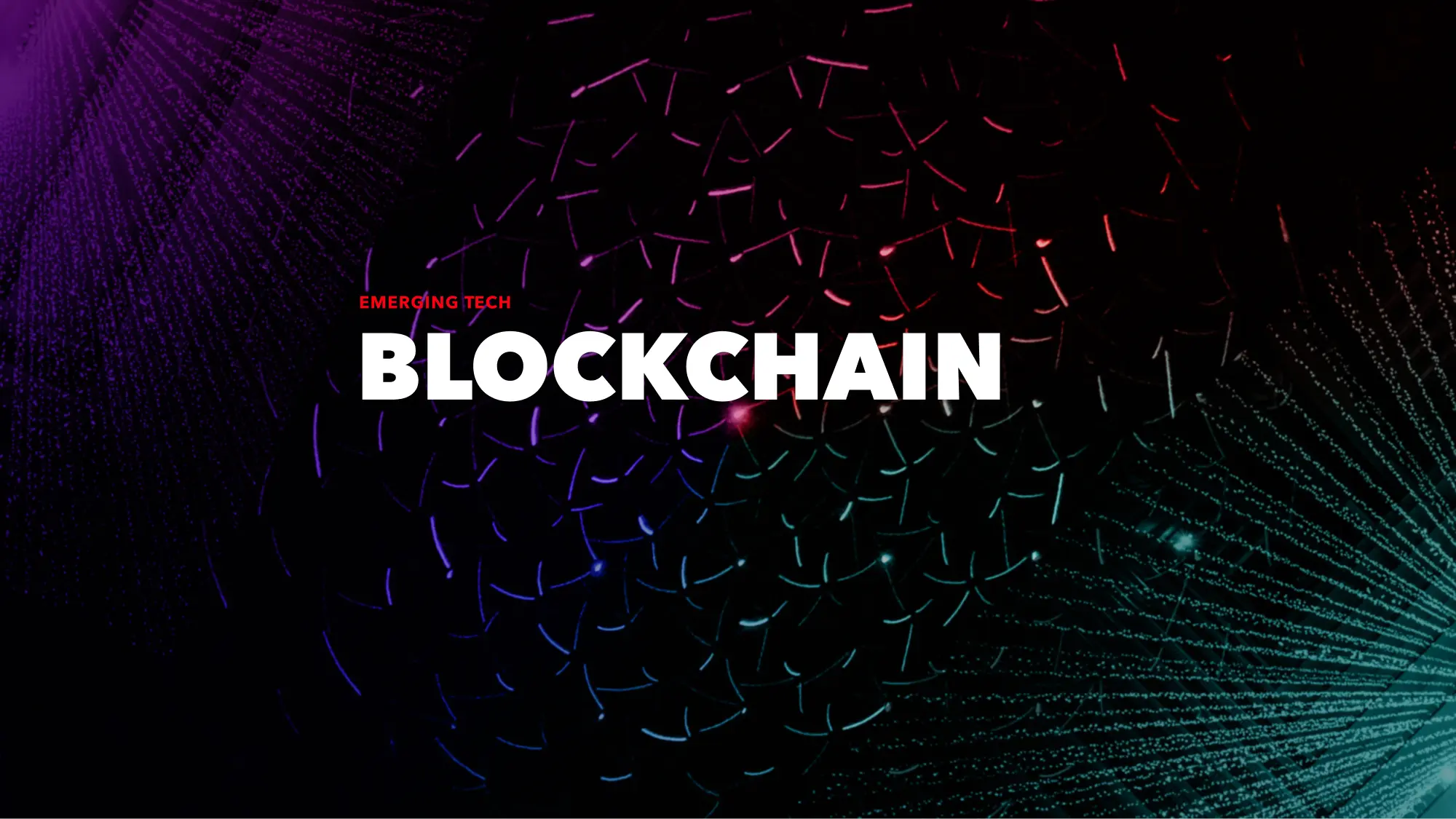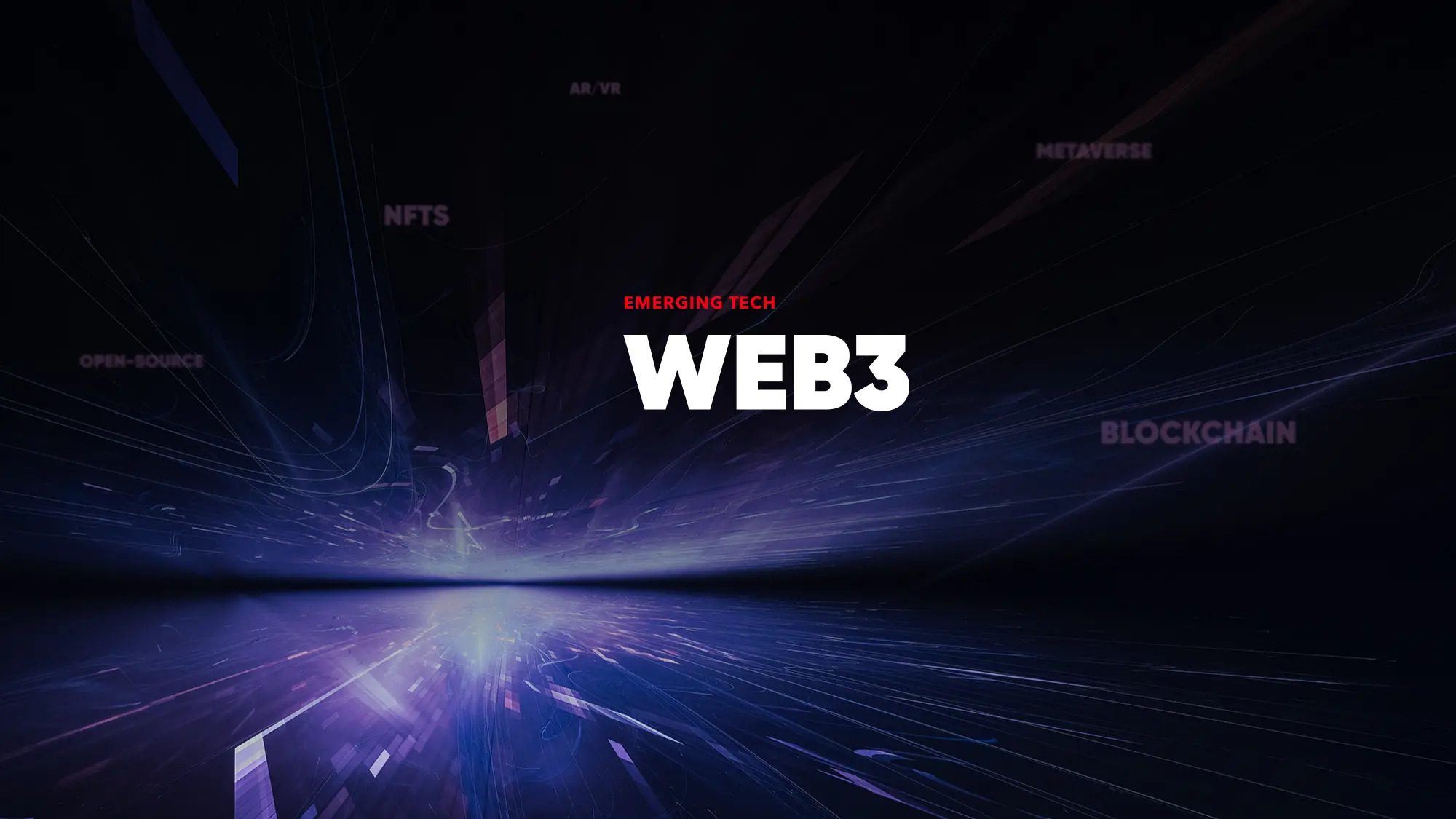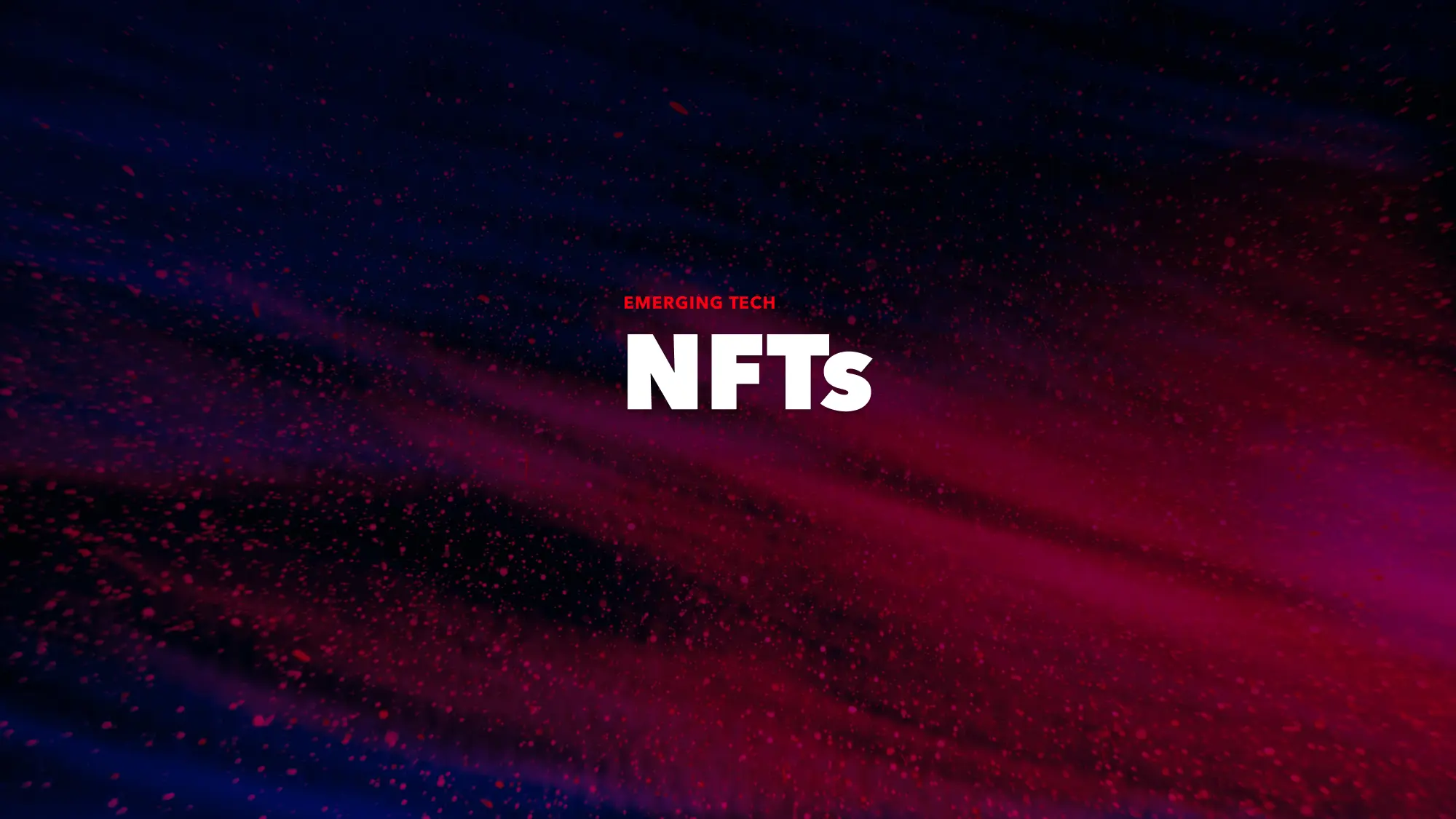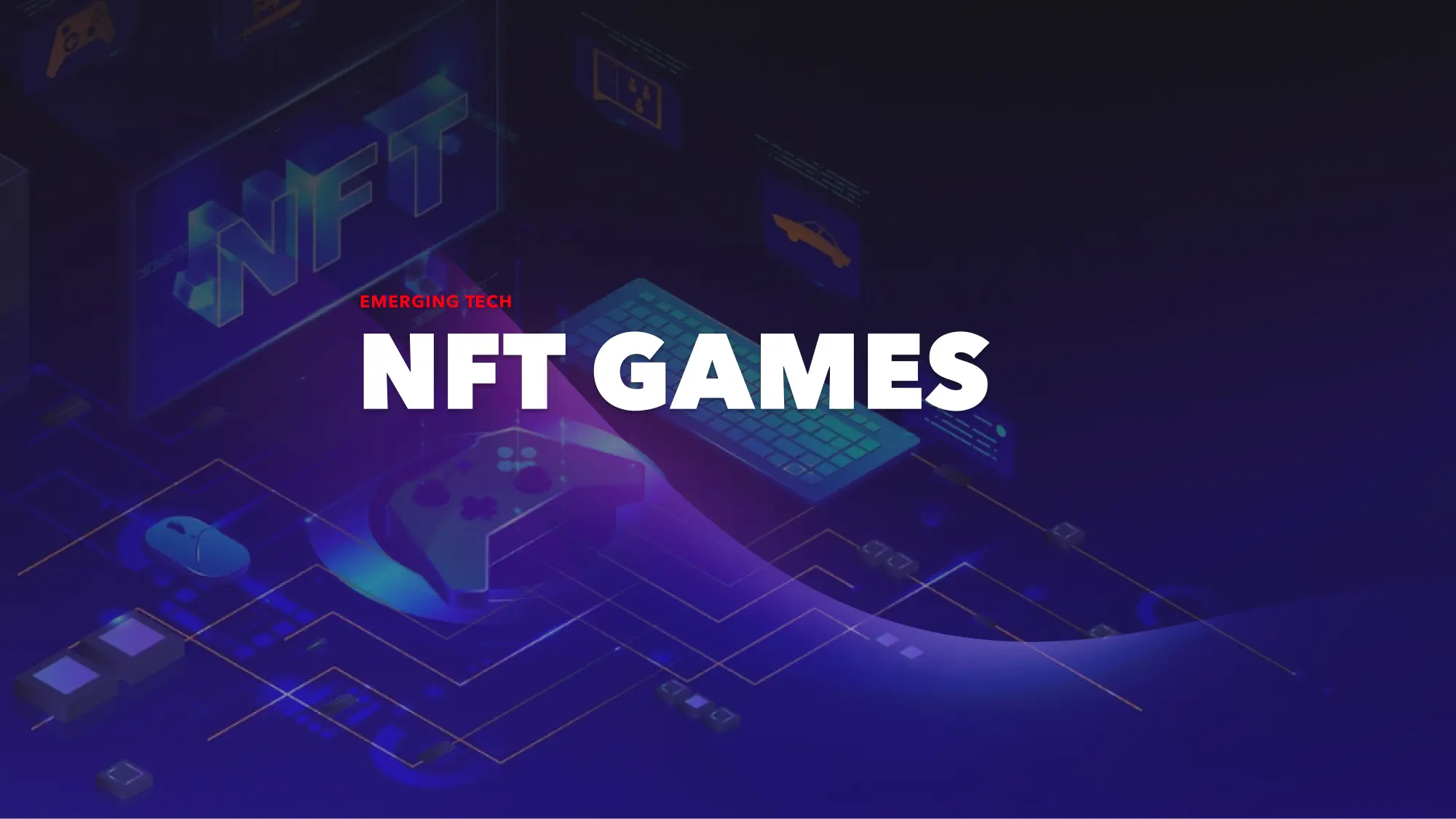
Web3
Blockchain Explained

Another Brick in the Chain
Blockchain technology is undoubtedly one of the most exciting emerging technologies in the world today. Its wide applicability and decentralized nature make it a favorite among crypto and NFT platforms. But it’s by no means limited to crypto and NFTs, so whether you like it or not, it’s time to get on the blockchain train.
What is Blockchain?
A blockchain is a distributed database across a public, or peer-to-peer, network. It records data into “blocks” that form a “chain” over time as more and more blocks are added. Because many of them are public, they bypass the need for a third party. Blockchain technology is considered to be one of the most secure methods available for transferring currency globally.
We’ll talk a bit more about security in a minute. First, it’s useful to see how widely applicable blockchain is over a variety of different spheres. Because of its simplicity, it can be used almost anywhere where securely recording data is important.
Why is Blockchain Important?
Other than being the foundation for a number of Web3-related technologies, blockchain is good for business. It provides:
- Secure transactions
- Reduced costs
- Fast data transfer speeds
- Greater confidence in data authenticity
- Decentralization and trustless
Where is Blockchain technology used?
Where can you find blockchain being applied besides in the world of NFTs and cryptocurrencies? Blockchain technology wasn’t invented just for crypto, in fact, that wasn’t the idea at all. The main idea for blockchain was to create a secure system for recording data. Security was the goal, which explains a lot. Blockchain is notoriously hard to modify, cheat, hack or change, which makes it especially useful for financial means, but you can also find blockchain technology in:
- Personal identity security
- Sharing medical data
- Real-estate processing
- IoT operating systems
- Supply chain and logistics monitoring
- Retail loyalty rewards programs
- Copyright and royalty protection
- Digital voting
- Data backup
- Workers’ rights
- Tax Regulation and compliance
There’s more, but I think you get the picture - blockchain is a big deal. To really understand why, we need to look at what makes blockchain so secure.

What makes Blockchain secure?
Not only why is it secure, but why is it more secure than what was done before? Transparency, immutability, and the decentralized nature of blockchain are the most important in terms of security.
- Transparency - Data recorded on a blockchain is transparent. Changes on the blockchain would be visible to anyone who had either a personal node or was using a blockchain explorer. More transparency, more security.
- Immutability - Blockchain is also immutable, which simply means that data can’t be changed once recorded. When a transaction happens, it is recorded in real-time and can be viewed by anyone.
- Decentralized - No single person or entity has control. Every member in the network has an exact copy of the exact same information. If one member’s record is corrupted, it will be rejected by the rest of the members in the network. This means that in order to hack a blockchain, the hacker would have to control 51% of the computers in the network. This isn’t easy to do, and usually, it’s not profitable even if you could. There are private blockchains, but these are generally used within a single organization, not for cryptocurrencies and the like.
Concluding Thoughts
I hope you’re beginning to see why blockchain technology is more than a technology for cryptocurrency. In fact, it is just a system of recording information that has several characteristics which make it difficult to corrupt or hack. This makes it applicable in many spheres from cryptocurrency to voting.




